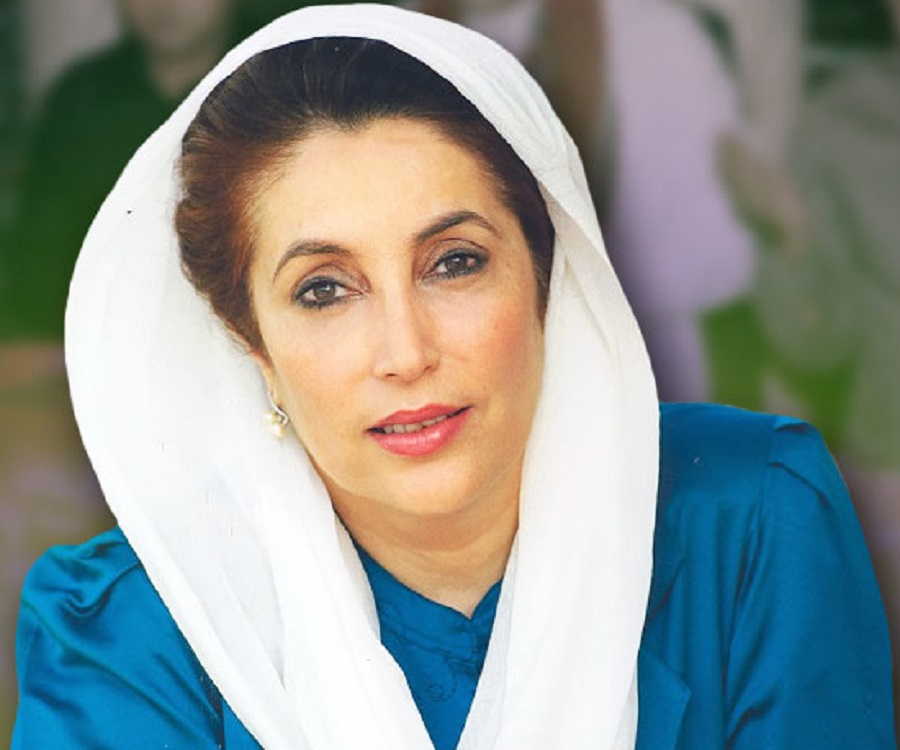Benazir Bhutto's name is synonymous with breaking barriers. The daughter of a former Prime Minister, she became Pakistan's first female leader in 1988, shattering a glass ceiling in the Muslim world. But beyond this historic first, Bhutto's legacy is built upon the concrete achievements of her two terms in office.
Bhutto's premiership coincided with a period of immense change for Pakistan. The Soviet withdrawal from neighboring Afghanistan left a security vacuum, and Bhutto sought to navigate a complex geopolitical landscape. She championed democracy and economic development, attempting to steer Pakistan away from military rule and towards a more stable future.
One of Bhutto's key achievements was her focus on education, particularly for women. Recognizing its transformative potential, she increased funding for girls' schools and universities. This emphasis on female education continues to be a cornerstone of Pakistani development efforts, even decades later.
Bhutto's economic policies were aimed at liberalization and privatization. While these reforms yielded mixed results, they did pave the way for a more open and diversified Pakistani economy. She also prioritized infrastructure development, investing in crucial transportation networks and energy projects.
Bhutto's tenure was not without its challenges. Accusations of corruption dogged her throughout her career, and her relationship with the powerful Pakistani military remained tense. Her efforts to improve relations with neighboring India, a historic rival of Pakistan, met with resistance from both sides of the border.
Despite these difficulties, Bhutto's popularity remained strong. She connected with the Pakistani public, particularly women and the youth, who saw her as a symbol of hope and progress. Her assassination in 2007 sent shockwaves through the nation and the international community.
Benazir Bhutto's life and career were cut tragically short. However, her legacy endures. She remains an inspiration for aspiring female leaders around the world, and her contributions to Pakistan's political and social landscape continue to be felt today.

